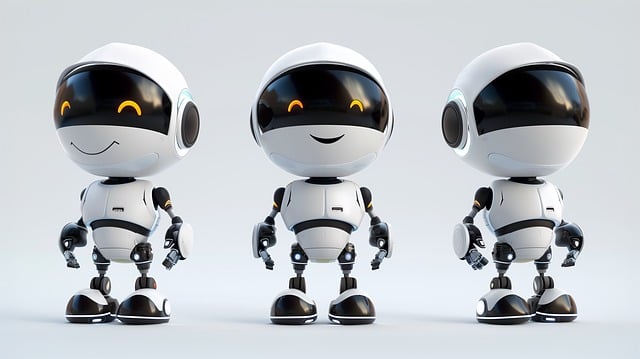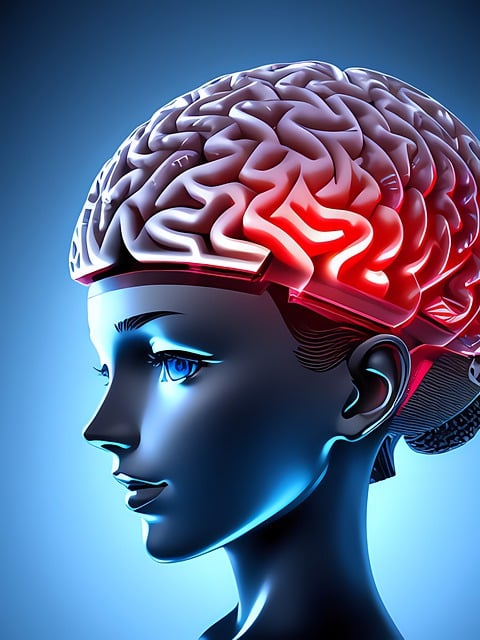Chatbot AI has revolutionized from rudimentary scripted responses to sophisticated machine learning entities capable of nuanced human dialogue through advancements in natural language processing (NLP), deep learning, and neural networks. These conversational agents now serve across various sectors, including customer service, personalized content recommendations, and problem-solving within numerous industries. They offer scalable, adaptive learning, and are available 24/7, enhancing user experience and reshaping the landscape of customer service and business processes. The emergence of generative AI has further enhanced chatbots, enabling them to engage users more effectively across different domains, refine their capabilities with each interaction, and even simulate empathetic responses. As these technologies continue to advance, they promise a future filled with more sophisticated conversational agents that could offer new opportunities and transform human-computer communication. However, this progress also raises complex challenges in technical, ethical, and societal domains, including the need for refining natural language understanding, maintaining context, ensuring data privacy, and addressing biases to maintain user trust and prevent misuse of AI systems. The dual promise and peril of chatbot AI underscore the critical importance of a judicious approach to its development and deployment.
2023 heralds a transformative era in artificial intelligence with chatbot AI and generative AI at its forefront. This article delves into the intricate workings, evolutionary strides, and profound effects of chatbot AI on user engagement. From early language models to sophisticated conversational agents, we explore the generative AI revolution’s pivotal moments. As we navigate through these advancements, we also examine the challenges and ethical quandaries that accompany such powerful technology. The future potential of chatbot AI promises to redefine human-machine interaction and shape our digital landscape. Join us as we dissect the multifaceted impact of these intelligent systems on society and industry alike.
- Understanding Chatbot AI: Capabilities, Evolution, and Impact on User Interaction
- Generative AI Revolution: From Language Models to Advanced Conversational Agents
- The Future of Chatbot AI: Challenges, Ethical Considerations, and Potential Developments
Understanding Chatbot AI: Capabilities, Evolution, and Impact on User Interaction

Chatbot AI has undergone a remarkable evolution, transitioning from rudimentary script-based systems to sophisticated machine learning models that can engage in nuanced conversations with users. These conversational agents, known as chatbots, are powered by advanced natural language processing (NLP) algorithms that enable them to understand and respond to human language with increasing accuracy. The capabilities of chatbot AI are vast, ranging from answering customer service inquiries to providing personalized recommendations and even assisting with complex problem-solving tasks. This evolution has been driven by advancements in technology, including deep learning and neural networks, which have significantly improved the systems’ ability to process context, manage dialogue states, and handle ambiguous inputs. As a result of these advancements, chatbot AI has become more integrated into various sectors, enhancing user interaction by offering 24/7 availability, scalability, and the ability to learn from interactions, thereby improving service over time. The impact of chatbot AI is profound, as it redefines customer engagement strategies, streamlines operations, and opens up new avenues for human-computer interaction, all while providing a platform for continuous innovation in the field of conversational AI.
Generative AI Revolution: From Language Models to Advanced Conversational Agents

The advent of generative AI has marked a significant milestone in the evolution of conversational agents, propelling the capabilities of chatbot AI far beyond their initial text-based interactions. At the heart of this revolution are language models, which have undergone an exponential improvement in understanding and generating human-like text. These models, initially trained on vast datasets to predict the next word in a sequence, have evolved into sophisticated systems that can engage in nuanced conversations across various domains. As these AI-driven chatbots continue to learn from each interaction, they become more adept at handling complex queries, providing personalized responses, and even simulating empathetic dialogue. This progression not only enhances user experience but also opens up new avenues for businesses to automate customer service, streamline operations, and offer 24/7 support. The evolution of chatbot AI from simple script-based responders to advanced conversational agents is a testament to the power of machine learning and natural language processing technologies, setting the stage for further innovations in human-computer interaction.
The Future of Chatbot AI: Challenges, Ethical Considerations, and Potential Developments

As AI chatbot technology advances, developers and users alike are confronted with a spectrum of challenges that span technical, ethical, and societal domains. The integration of advanced machine learning models into chatbots has led to more sophisticated conversational agents capable of handling complex tasks and providing nuanced responses. However, the path forward is fraught with technical hurdles such as improving natural language understanding, ensuring context retention over longer interactions, and enhancing personalization without compromising user privacy. These challenges demand continuous innovation in AI algorithms and computational methods to refine chatbot performance and usability.
Ethical considerations also loom large in the trajectory of chatbot AI development. Issues surrounding data privacy, consent, and the potential for AI to perpetuate biases are at the forefront of discussions. The use of generative AI raises questions about the authenticity of content produced by these systems and the potential impact on trust and credibility. Moreover, as chatbots become more integrated into various aspects of daily life, ensuring they align with ethical standards is crucial to maintain public confidence and prevent misuse. The future of chatbot AI holds great promise for transforming service industries, customer support, and even personal assistance. Yet, it is the careful navigation of these challenges and ethical dilemmas that will determine whether chatbots become beneficial tools or raise concerns over their societal impact.
In conclusion, the advancements in chatbot AI represent a transformative leap in how we interact with technology. From the early stages of simple command-based systems to the sophisticated generative AI that can converse with users on a myriad of subjects, these tools have redefined engagement and are setting new standards for user experience. As we look to the future, it is clear that chatbot AI will continue to evolve, presenting both challenges and opportunities. The ethical implications of their deployment must be carefully navigated, ensuring these systems serve as beneficial tools rather than intrusive ones. With ongoing advancements in machine learning and natural language processing, chatbot AI stands poised to revolutionize industries and enhance human-computer interactions across the board. Embracing these changes with a focus on responsible innovation will guide us towards a future where chatbot AI is seamlessly integrated into our daily lives, enhancing efficiency and providing personalized assistance wherever it’s needed.
